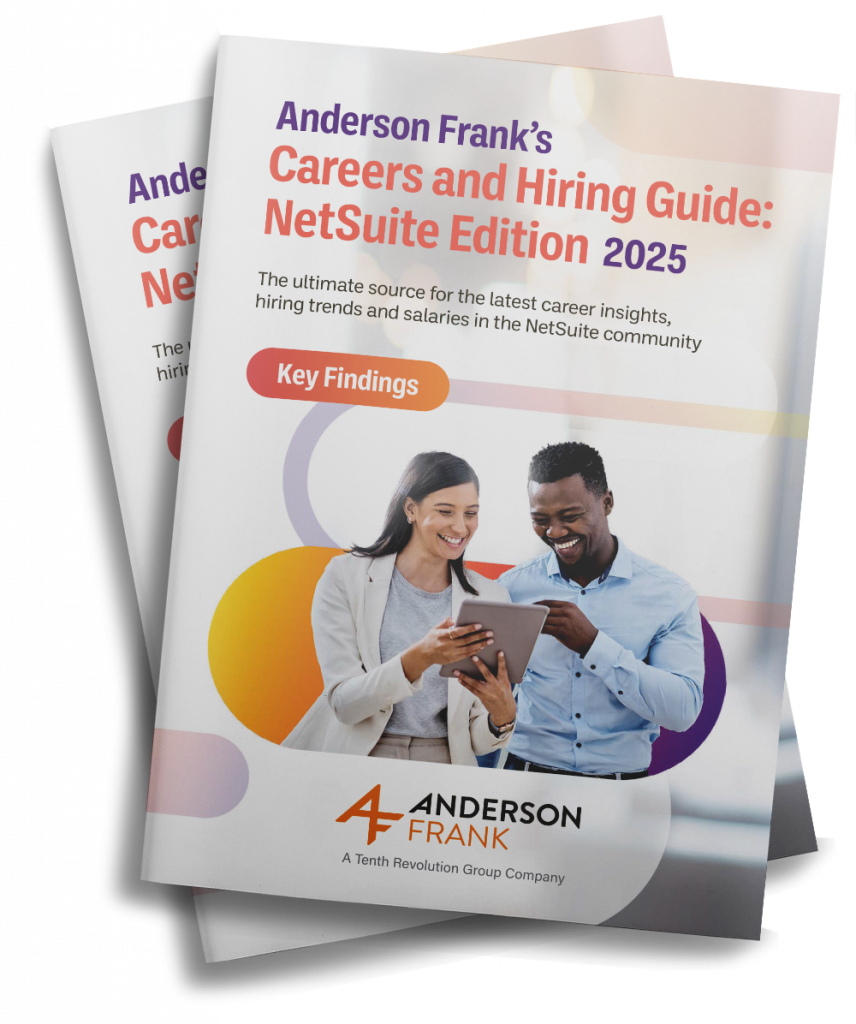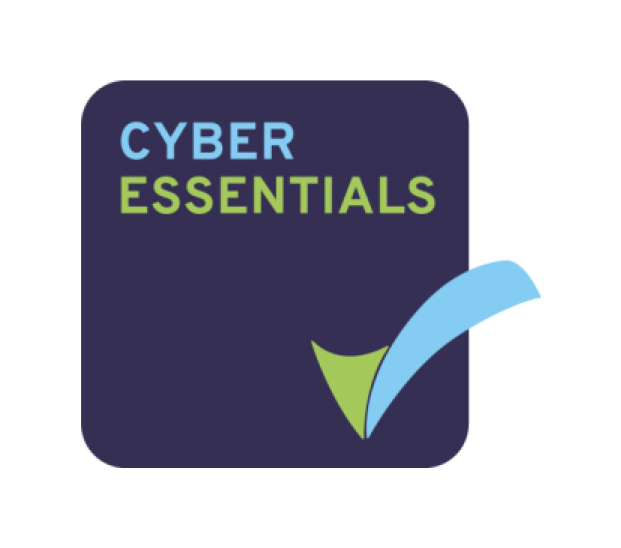Equality, diversity, and inclusion


Carolyn Walker
Global HR Director
Anderson Frank
As we work in an industry that is in real danger of being held up by a major skills crisis, it seems counterintuitive that tech remains a place where the needle on diversity moves at a sometimes seemingly glacial pace.
How can we be in such desperate need of those digital skills yet, consciously or unconsciously, continue to exclude so many people from our industry? Thankfully NetSuite’s own commitment to better reflecting the communities it serves appears to be having an effect—from speaking with our own customers, there certainly appears to be a commitment from many to improve.
Certainly, turning the industry into one that is truly equitable is a huge task, and will require many difficult conversations, both from the outset and on a continuing basis. But the starting point is having those discussions. This in itself requires an attitude shift that will help organizations around the world to start bridging that gap.
At Anderson Frank, we’re trying to be part of those conversations in order to create a fairer industry for everyone. By taking a snapshot of the NetSuite community as we have, we hope to capture the sentiments of those working within it to help guide employers towards areas that can be improved on. But we’re going much further than that too.
Our Women in Tech practice has a team of dedicated NetSuite recruitment consultants whose focus is on creating opportunities for women in the industry and connecting them with businesses looking for the diverse talent they need. We’ve also helped create the Digital Revolution Awards, the prestigious awards program that doesn’t just highlight tech success, but celebrates those organizations and individuals who are standing up and making the industry a more supportive and fairer place where everyone can succeed.
There is no set destination when it comes to diversity, equity and inclusion—it’s as much about the journey as where we are going. But, for many businesses embedded within the NetSuite community, it’s my belief that more and more people are on board. And that’s the starting point that we have desperately needed for a long time.
Hopefully the following data helps inform you as you look within your own organization at where you might be able to help improve our industry for everyone.

For detailed insights into the demographic profile of our respondents.
What do equality, diversity, and inclusion look like in the NetSuite ecosystem?
‘Not applicable’ responses have been removed from this section.
Does your employer have a statement or policy on either of the following?
| Yes, there is a clear policy | |
| Yes, but the policy has not been formalized | |
| No | |
| Not sure |
| Yes, there is a clear policy | |
| Yes, but the policy has not been formalized | |
| No | |
| Not sure |
| Equality, diversity, and inclusion | Environmental, social and governance | |
|---|---|---|
| Yes, there is a clear policy | ||
| Yes, but the policy has not been formalized | ||
| No | ||
| Not sure |
Equality, diversity and inclusion (EDI) initiatives
Over half (54%) of organizations have invested resources into EDI initiatives, this is down from 68% in our previous survey.

What are organizations' top EDI priorities?
Are employers providing equal pay for equal work?
This year, fewer respondents (57%) believe their employer pays men and women equally, compared to our previous study (63%).
| Yes, I believe my employer pays men and women equally | |
| Some of my colleagues who identify as women are paid equally, but not all | |
| No, I believe colleagues who identify as men are better rewarded despite being of equal skill and experience | |
| Some of my colleagues who identify as men are paid equally, but not all | |
| No, I believe colleagues who identify as women are better rewarded despite being of equal skill and experience | |
| Not sure |
| Yes, I believe my employer pays men and women equally | |
| Some of my colleagues who identify as women are paid equally, but not all | |
| No, I believe colleagues who identify as men are better rewarded despite being of equal skill and experience | |
| Some of my colleagues who identify as men are paid equally, but not all | |
| No, I believe colleagues who identify as women are better rewarded despite being of equal skill and experience | |
| Not sure |
| Yes, I believe my employer pays men and women equally | |
| Some of my colleagues who identify as women are paid equally, but not all | |
| No, I believe colleagues who identify as men are better rewarded despite being of equal skill and experience | |
| Some of my colleagues who identify as men are paid equally, but not all | |
| No, I believe colleagues who identify as women are better rewarded despite being of equal skill and experience | |
| Not sure |
Are organizations championing equal rights?
Over two-thirds (68%, down from 74% in our last survey) of professionals believe their employer champions equal rights, while 20% (up from 16%) still think more work needs to be done, and 12% aren’t sure either way.
“My employer advocates gender equality and doesn’t engage in racial discrimination.”
Developer/Programmer, United States
“They are doing a good job of building a fair, diverse, and inclusive organization.”
Finance/Accounting Manager, United States
“They treat everyone equally regardless of race or gender.”
Financial Systems Manager, United States
“My organization currently has an entire department of employees with a task of making sure that the environment for work is diverse, equitable, and inclusive—making it a point to include in all company communication and staff meetings.”
Administrator, United States
“The leadership communicates their expectations, organizational goals, and shared values well.”
Business Systems Analyst, United States
“Avoid nepotism in hiring practices.”
Revenue Manager, United States
“Implement blind hiring practices.”
Head of Systems, United Kingdom
“Men and women should be paid the same when doing the same role.”
IT Manager, United States
Diversity in the workplace
| Agree | Neutral | Disagree | Not sure | |
|---|---|---|---|---|
| People of all cultures and backgrounds are respected and valued in my organization | ||||
| My employer promotes racial and ethnic diversity in their workforce | ||||
| My employer recruits and retains mature-aged staff | ||||
| There are policies in place to support employees' mental health | ||||
| Promotion decisions are made fairly in my organization | ||||
| The workforce includes people with disabilities and neurodiversity |
| Agree | |
| Neutral | |
| Disagree | |
| Not sure |
| Agree | |
| Neutral | |
| Disagree | |
| Not sure |
| Agree | |
| Neutral | |
| Disagree | |
| Not sure |
| Agree | |
| Neutral | |
| Disagree | |
| Not sure |
| Agree | |
| Neutral | |
| Disagree | |
| Not sure |
| Agree | |
| Neutral | |
| Disagree | |
| Not sure |
*Why don't you think promotion decisions are made fairly in your organization?
| Decisions are based on personal relationships, favoritism or nepotism | |
| The promotions process lacks transparency, with no clear standards or procedures | |
| Promotion decisions are influenced by discrimination based on class, religion, ethnicity, education, disability, sexuality, gender, or other characteristics |
| Promotions are not based on merit, meeting Key Performance Indicators (KPIs), or management targets | |
| Promotions are offered as part of a counteroffer to retain employees | |
| Other |
| Decisions are based on personal relationships, favoritism or nepotism | |
| The promotions process lacks transparency, with no clear standards or procedures | |
| Promotion decisions are influenced by discrimination based on class, religion, ethnicity, education, disability, sexuality, gender, or other characteristics | |
| Promotions are not based on merit, meeting Key Performance Indicators (KPIs), or management targets | |
| Promotions are offered as part of a counteroffer to retain employees | |
| Other |
Gender diversity in the workplace
| Men and woman are treated equally | ||||
| The organization is gender-diverse, in that different genders are equally represented in the workforce | ||||
| There is an equal balance of men and women represented at the senior executive level |
| Men and woman are treated equally | ||||
| The organization is gender-diverse, in that different genders are equally represented in the workforce | ||||
| There is an equal balance of men and women represented at the senior executive level |
| Men and woman are treated equally | ||||
| The organization is gender-diverse, in that different genders are equally represented in the workforce | ||||
| There is an equal balance of men and women represented at the senior executive level |
All respondents
| Agree | |
| Neutral | |
| Disagree | |
| Not sure |
| Agree | |
| Neutral | |
| Disagree | |
| Not sure |
| Agree | |
| Neutral | |
| Disagree | |
| Not sure |
Men
| Agree | |
| Neutral | |
| Disagree | |
| Not sure |
| Agree | |
| Neutral | |
| Disagree | |
| Not sure |
| Agree | |
| Neutral | |
| Disagree | |
| Not sure |
Women
| Agree | |
| Neutral | |
| Disagree | |
| Not sure |
| Agree | |
| Neutral | |
| Disagree | |
| Not sure |
| Agree | |
| Neutral | |
| Disagree | |
| Not sure |
Does gender inequality exist in the tech industry?
Almost half (49%, down from 65% in our last survey) believe there is an imbalance between the genders working in the tech industry.
All respondents
41%
| All respondents | |
| Men | |
| Women |
| All respondents | |
| Men | |
| Women |
| All respondents | |
| Men | |
| Women |
Conclusion
Although some of the results in this section may seem underwhelming or difficult to read, the truth is that it’s hard to reach any sort of satisfactory conclusion. Surely until every respondent reaches 100% satisfaction, then there’s work to be done? The reality is that much of what needs to be done when it comes to EDI is a journey rather than a destination.
That means difficult conversations need to be had, lessons need to be learned and attitudes have to shift. Moving the dial is far from an immediate result—it requires a genuine culture change from top to bottom and beyond. Reaching a point that anyone says is satisfactory will take time and effort. For now, shifting things in the right direction has to be seen as a positive, allies need to be celebrated, and the results should help hold people to account.
Seeing the attitudes on equality from those most affected by them is a stark reminder that there is much work ahead, regardless of the progress we have made.

Diverse NetSuite talent at your fingertips
- Find the most sought-after women in tech across the globe from our wide talent pool
- Enhance your hiring strategy with our first-rate advice on inclusive recruitment processes
- Improve your onboarding and retention rates thanks to our post-placement care model
Our key findings report contains highlights from this year’s Careers and Hiring Guide, plus our salary tables allow you to compare your salary or benchmark your teams’ salaries no matter their role in the NetSuite ecosystem.





